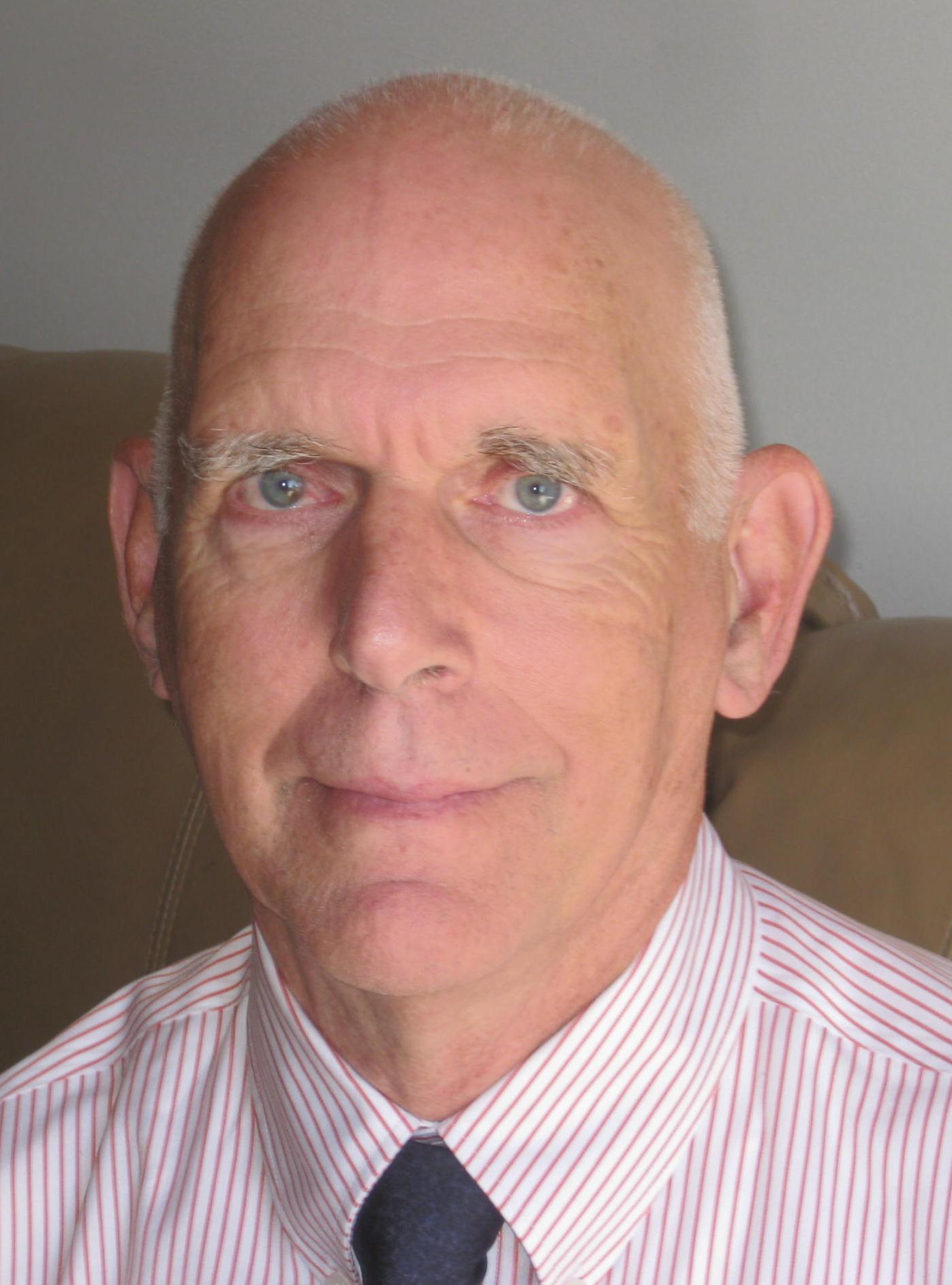Prop
36 created a “treatment-mandated felony,” but no actual treatment. It
aimed to coerce repeat drug offenders into behavioral health treatment
by using the threat of felony sanctions, but without providing funding
to develop the required treatment plans or provide treatment. Governor
Newsom has been focused on building the necessary behavioral health
programs since long before Prop 36.
California
has long seen the interrelatedness between investments in mental health
reform and the ultimate results in our overall public safety. Comprehensive reforms to help CaliforniansMore
than 1.2 million adults in California live with a serious mental
illness, and 1 in 10 residents meet the criteria for a substance use
disorder. California’s mental health system was dismantled under
then-Governor Reagan, leaving the criminal justice system as the major
way for people to get the help they need.
In
2024, California voters approved Proposition 1, which created more than
$6.4 billion in funding to help transform its behavioral health system
and provide support and care to those who need it most. This is part of
Governor Newsom’s strategy to reduce homelessness, improve public
safety and help communities feel safer.
Governor
Newsom has taken on transformational reforms to create a continuum of
care, relieve an overburdened criminal justice system and provide local
partners with funding to advance these efforts. This strategy is
producing strong results. In addition to reduced crime in California and individual cities throughout the state, California is outperforming the nation in turning around the national homelessness crisis. Grant funding for these programs have been a successOn
top of the $100 million approved in the latest state budget for Prop
36, the current Board of Community and State Corrections (BSCC) grant
program includes drug and mental health treatment programs eligible
under both Prop 47 and Prop 36. Although Prop 36 created a
treatment-mandated felony but no actual treatment, the BSCC is using
its discretion to use funding from Proposition 47 for this purpose.
“The
Proposition 47 grant program continues to fund important initiatives
that create meaningful pathways to recovery and stability,” said BSCC Board Chair Linda Penner.
“We are pleased to award funding to critical programs that will
continue to build stronger, safer communities by expanding the services
and interventions that make change possible.”
Of
the 23 grantees, nine will implement new Prop 36 programs, or expand
existing programs to include Prop 36 programs. A full list of Prop 47
grantees can be found here. Grantee program summaries are
also available, which identify the participants they intend to serve.
This award represents the fifth round of three-year grants that the
BSCC has made available.
Prop 47 programs have shown to be successful. A comprehensive evaluation of Cohort 2 program participants indicated that recidivism was cut by more than half for those who received services. A mid-cycle evaluation of
Cohort 3 program participants identified a 41% decrease in unemployment
and a 70% decrease in homelessness, both factors highly correlated with
recidivism. Higher incarceration rates mean less money for communities Prop
47 funding will help Prop 36 programs – for now; however, as
incarceration rates go up due to Prop 36, available funding will go
down because of reduced savings. Prop 36 jeopardizes vital funding and
resources for mental health and drug treatment, housing services, and
K-12 school programs.
Currently,
funding for this grant program is available through savings generated
by Prop 47, which reduced penalties for some nonviolent crimes from
felonies to misdemeanors.
Since
2014, these grants have dispersed more than $617 million to fund
programs such as housing assistance, voluntary or mandated
substance-use disorder and mental health treatment, job training, and
civil legal services, in order to overcome barriers to employment and
housing.
Since
its inception, Prop 47 savings have generated close to $1 billion in
available funding, with 65% of state savings going towards mental
health treatment, substance use disorder treatment and diversion
programs, 25% going to K-12 schools, and 10% going to victims services. Funding for public safetyCalifornia has invested $1.7 billion since 2019 to fight crime, help local governments hire more police, and improve public safety. In 2023, as part of California’s Public Safety Plan, the Governor announced the largest-ever investment to combat organized retail crime in state history, an annual 310% increase in proactive operations targeting organized retail crime, and special operations across the
state to fight crime and improve public safety. As part of the state’s
largest-ever investment to combat organized retail crime, Governor
Newsom announced last year that the state distributed $267
million to 55 communities to help local communities combat organized
retail crime. These funds have enabled cities and counties to hire more
police, make more arrests, and secure more felony charges against
suspects.
Last August, Governor Newsom signed into law the most significant bipartisan legislation to crack down on property crime in modern California history. Building
on the state’s robust laws and record public safety funding, these
bipartisan bills offer new tools to bolster ongoing efforts to hold
criminals accountable for smash-and-grab robberies, property crime,
retail theft, and auto burglaries. While California’s crime rate
remains at near-historic lows, these laws help California adapt to
evolving criminal tactics to ensure perpetrators are effectively held
accountable. Funding for mental healthThrough
voter-approved Proposition 1, there’s more than $6 billion in funding
for mental health reforms and permanent supportive housing, which
includes $4.4 billion to
construct, acquire and expand properties and invest in mobile
infrastructure for behavioral health and substance abuse treatment —
also known as the Behavioral Health Continuum Infrastructure Program —
BHCIP. Learn more here. |  Riechel
Reports - Events
- City
of San Bruno CA
Riechel
Reports - Events
- City
of San Bruno CA Riechel
Reports - Events
- City
of San Bruno CA
Riechel
Reports - Events
- City
of San Bruno CA